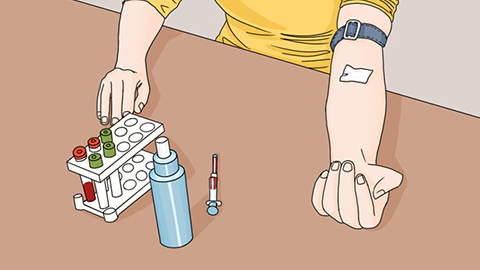Is there an age limit for voluntary blood donation?
Generally, there are age restrictions for voluntary blood donation. The details are as follows:

Voluntary blood donation refers to the act of citizens voluntarily and without compensation donating whole blood or blood components to help patients or support medical needs. The state encourages healthy citizens aged between 18 and 55 years to donate blood voluntarily. For previous donors who have experienced no adverse reactions to blood donation and meet health examination requirements, the upper age limit can be extended to 60 years. Individuals within the specified age range are eligible to donate blood.
However, donors must also meet other health criteria. Even if their age falls within the acceptable range, those with health problems such as anemia or infectious diseases are not eligible to donate blood and should avoid donating. It is recommended to consult a professional blood center or healthcare facility before donating to undergo a comprehensive health assessment, ensuring the safety and effectiveness of blood donation.
After donating blood, attention should be paid to nutritional replenishment, including eating more protein- and iron-rich foods such as beef, pork liver, etc. Sufficient rest should also be ensured and strenuous exercise avoided to promote physical recovery.





